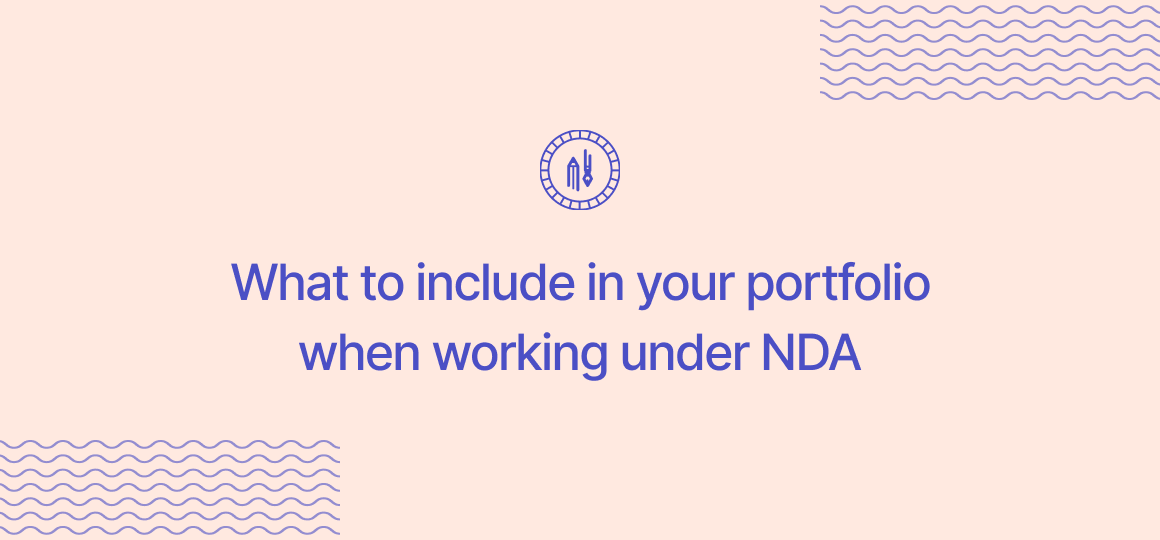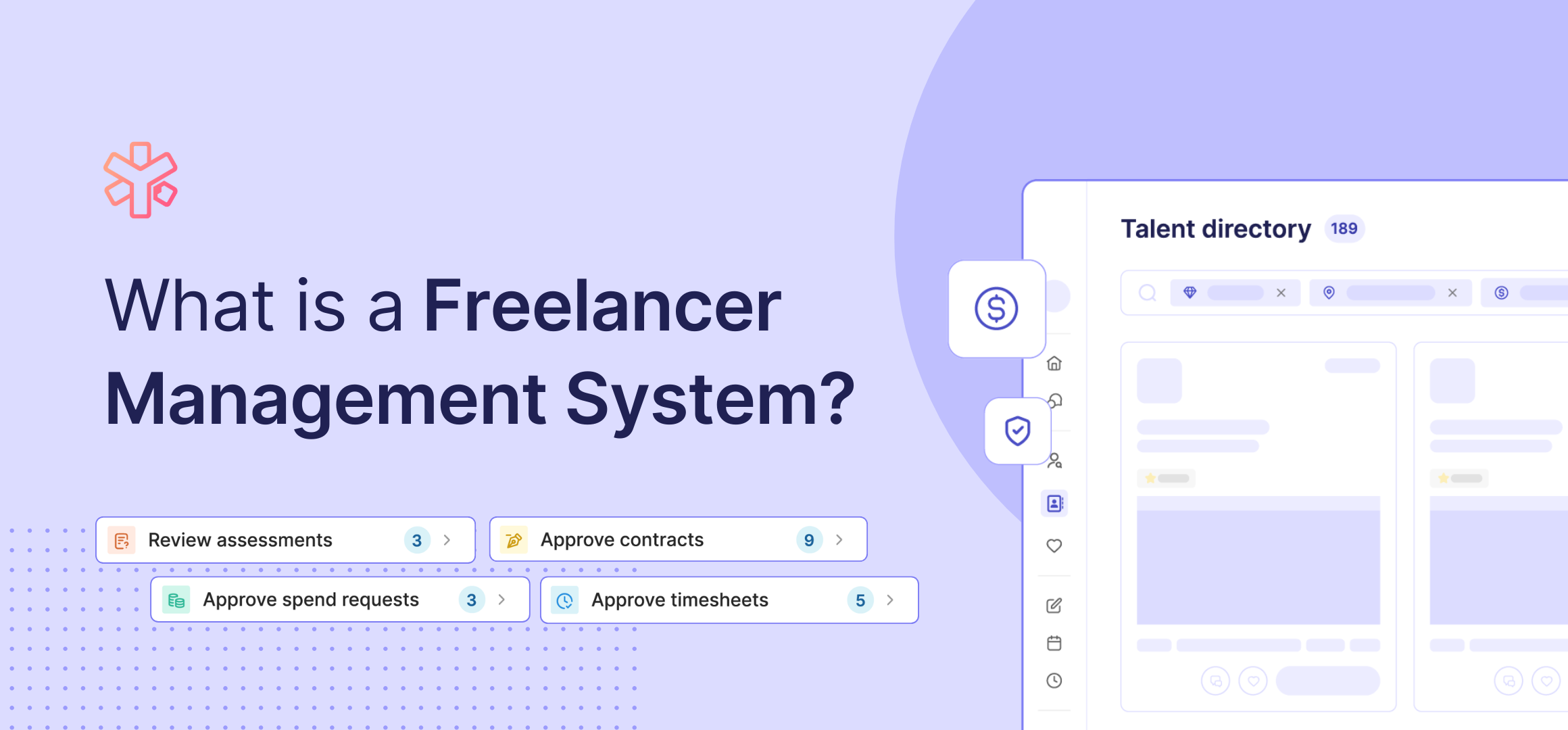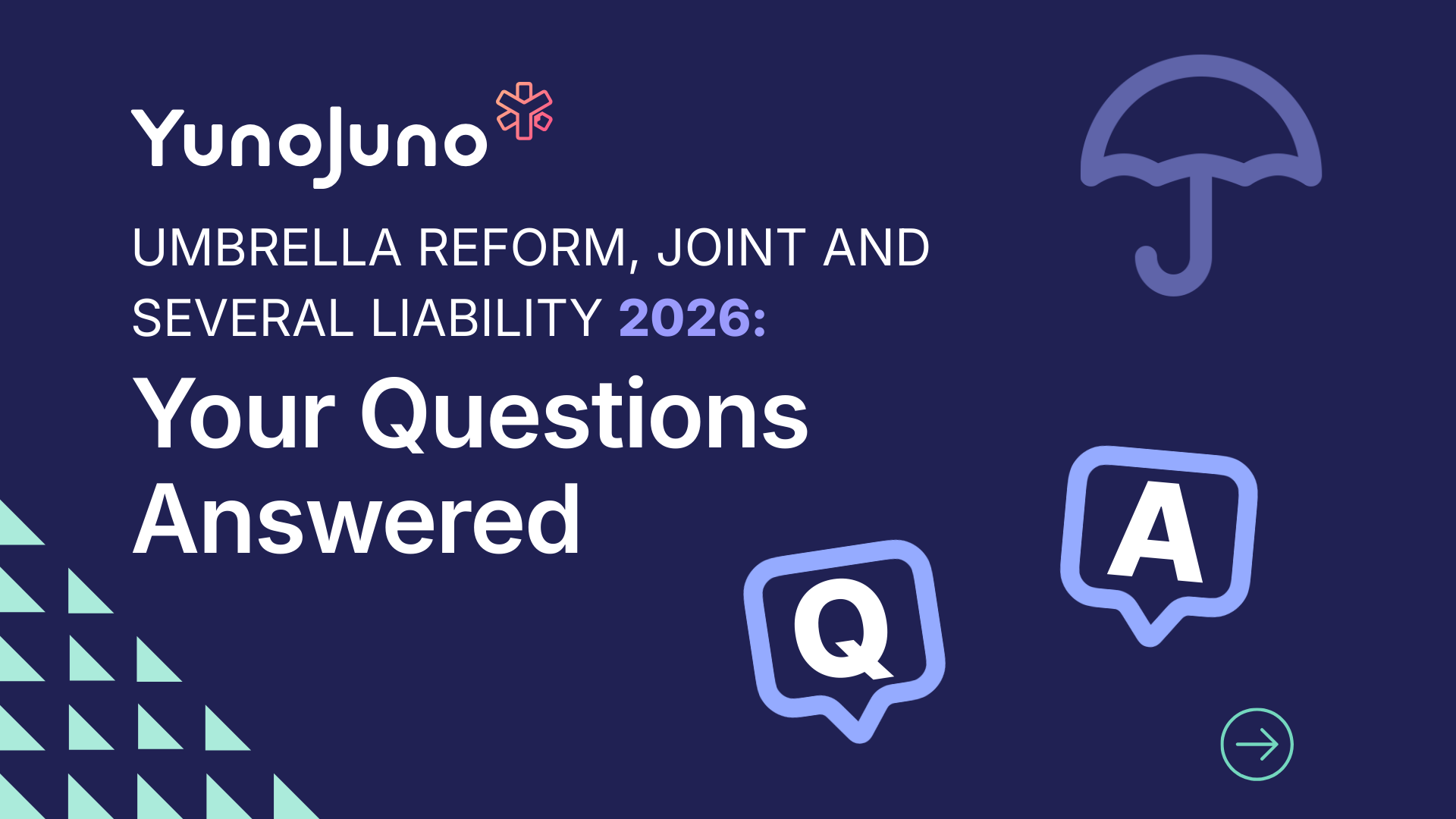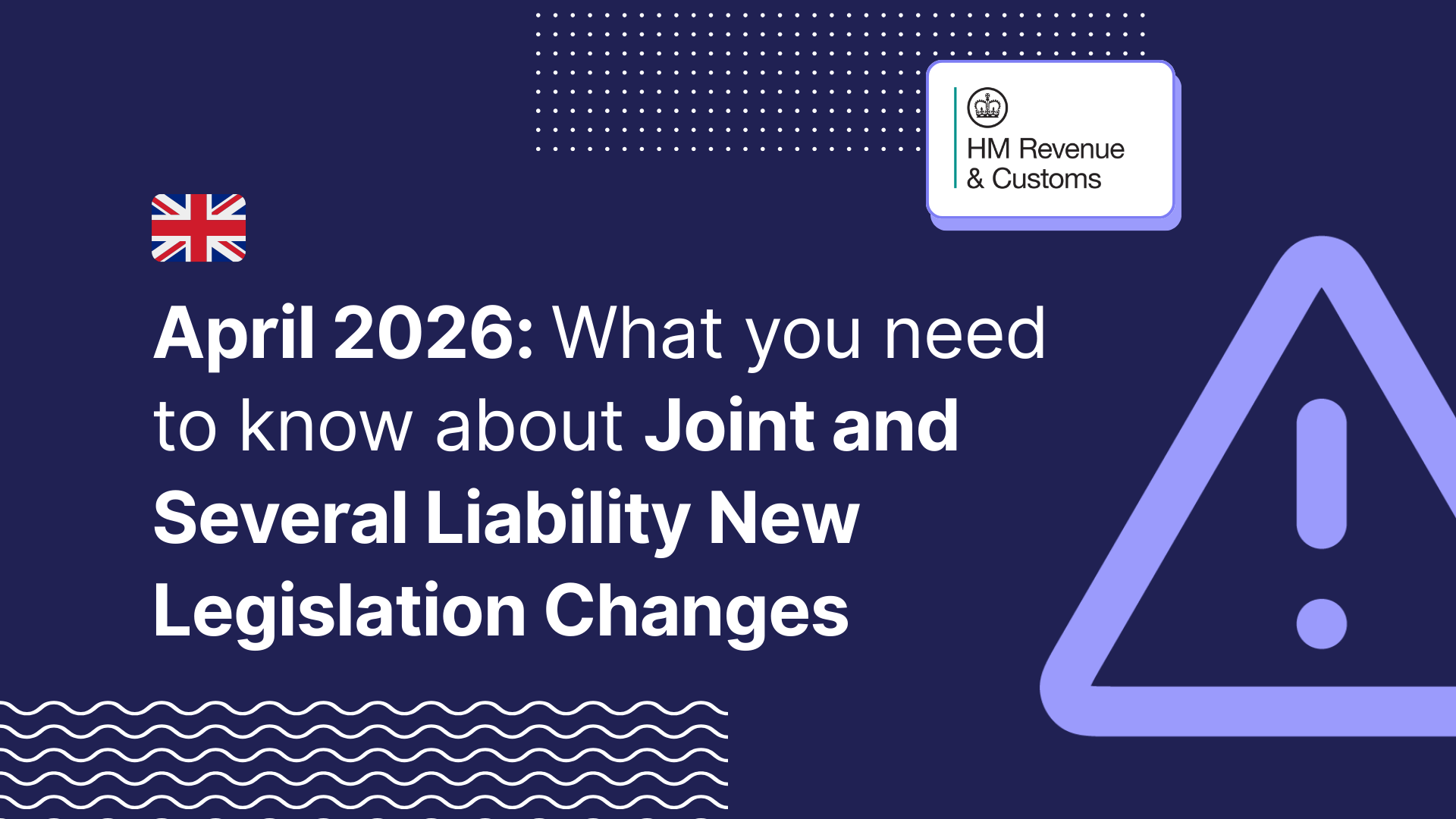Many of our freelancers work with some of the biggest global brands, giving them excellent exposure and experience to the most innovative projects. At times, this work might be under Non-Disclosure Agreements (NDA) limiting how a freelancer might promote the project and their involvement in it. When it comes to running a freelance business, reputation is crucial and being able to showcase your work on a portfolio is essential to securing your next project.
So, what happens when you secure a great project and you’re asked to sign an NDA? And how can you showcase your best pieces of work if you can’t mention the top brands you've worked with? We explore some of the key features that clients are looking for from your YunoJuno profile that helps showcase your skills whilst staying inside the NDA restrictions.
1. Be Clear In Describing The Company
When you first sign up to YunoJuno, you’ll have the opportunity to share some of the brands and projects you’ve worked on within your profile, but what happens when the brand has asked you to sign an NDA?
Sadly, this is a common practice for many high-end brands so the first tip for freelancers wanting to share the brand without being direct is to describe the company in great detail. An example could be; a UX designer working with Nike could describe their input as “Working with one of the biggest sports brands in the world to help improve user experience across their in-app journeys”.
Describing the company by its well-known position is also a great idea too, helping any future potential client understand what kind of brands you’ve worked with. For example, ‘Well known organic beauty brand based in London’ could be a great way to suggest you’ve worked with Neal’s Yard, likewise introducing a client as a ‘Global internet search engine’ gives potential clients all the information they need to understand exactly who you’re referring to!
2. Name-drop The Associated Agency
If you’ve worked as part of a creative team or with an agency on a project then it’s likely the NDA will be to protect the brand, not the agency associated with it. This means you can mention the agency you’ve worked with as they’re a brand themselves and will likely enjoy the coverage!
If it’s a well-known creative agency, any potential new client may recognise them and understand the project was with a high-profile client so it’s a win-win to mention them on your profile.
3. Mention You Were Under NDA
If you’ve worked on a confidential project and really can’t give too much information away on your YunoJuno profile, then be honest and say you worked under NDA. Don’t forget to mention the type of project you were a part of, the industry you worked in or the sector they’re known in. Being upfront on your profile about working under NDA will help potential clients understand why you can’t be specific and chances are, they’ll ask you to work under something similar.
Don’t forget to focus on the outcome or main end result of your work, for example, “I helped increase conversions by X%” or I was part of the team that positively impacted ROI for the brand over a time period”. Working NDA may hold you back from sharing the brand but it shouldn’t stop you from showcasing your talents and skills.
When it comes to showcasing your skills and experience, clients really want to know what you’ve done, not who you’ve worked for so don’t worry too much about not being able to name-drop. As long as you can showcase your skills, they will choose you for your abilities, not previous projects.
If you haven’t signed up to YunoJuno, why not start your journey today. If you’re already a member, why not get involved in our community for more tips on what makes a great portfolio and how to attract more clients.








